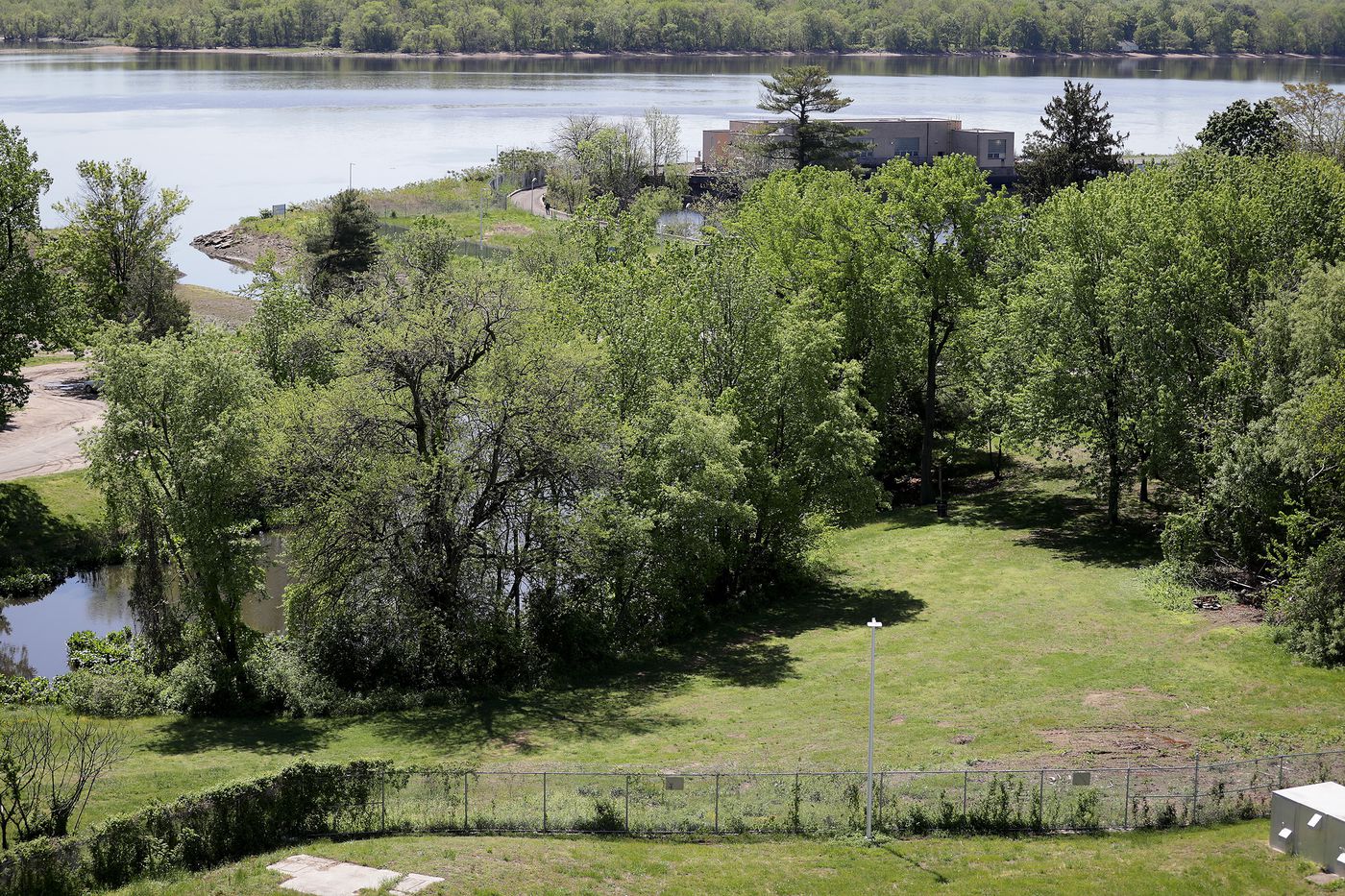The Baxter Water Treatment Plant is the largest water treatment facility in Philadelphia, supplying about 60 percent of the city’s drinking water. The government of Pennsylvania invested $73.3 million for the reconstruction and modernization of the Torresdale Water Pumping station supplying tap water from the Baxter (Rademaekers, 2020). The photograph of the facility can be found at the end of this discussion post (Maialetti, 2019). Our community water comes from the Delaware River. Water from the Delaware River is stored in the Baxter Water Treatment Plant in Torresdale, Philadelphia, which processes about 100 million gallons of water daily and supplies the city with clean tap water. Water is laboratory-tested for about 90 bacteriological and chemical contaminants based on the National Standard (The Safe Drinking Water Act) and delivers annual Consumer Confidence Reports containing information on water safety. Our facility is equipped with security cameras and alarms to prevent unauthorized access, water tampering, and vandalism. The Environmental Protection Agency (EPA) provides guidance, training, and technical assistance for our facility to avoid incidents involving biological or chemical water tampering risks. Additionally, the emergency response plans were developed in association with the EPA to protect public health.
As the public health nurse (PHN) investigating an outbreak in the facility, I would ask questions related to the sources of water supply and request the most recent reports evaluating the water quality. Surveillance of the facility and the collection of questions on timing, distribution, and susceptible persons would generate essential knowledge on the outbreak (Stanhope & Lancaster, 2016). To avoid a disease outbreak, I would suggest improving the emergency response scenarios and educating the staff on the risks associated with an epidemic. My role as a change agent would be to register the deficiencies and educate the management of the facility on the importance of public health and safety. As a leader and a diplomat, I would need to promote necessary changes in unsafe environments and prevent the risks to public health (Laureate Education, 2016). Effective communication can help to successfully advocate for the people affected by the deficiencies of the facility and share the knowledge and findings with the community.

References
Laureate Education (Producer). (2016). The role of the nurse in public and global health with Dr. Letitia Robinson. Author.
Maialetti, D. (2019). [In the background is the water intake on the Delaware River for the Baxter Water Treatment Plant in Philadelphia on May 6, 2019]. The Philadelphia Inquirer. Web.
Rademaekers, B. (2020). Infrastructure Spotlight: Modernizing Our Biggest Pump Station. Philly H2O blog. Web.
Stanhope, M., & Lancaster, J. (2016). Public health nursing: Population-centered health care in the community (9th ed.). Elsevier.